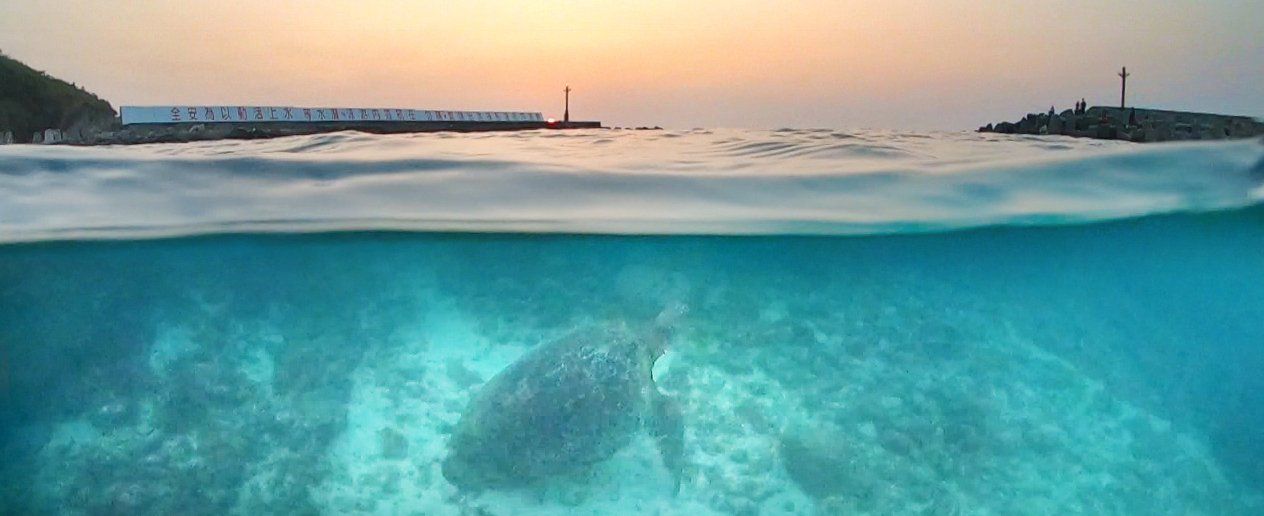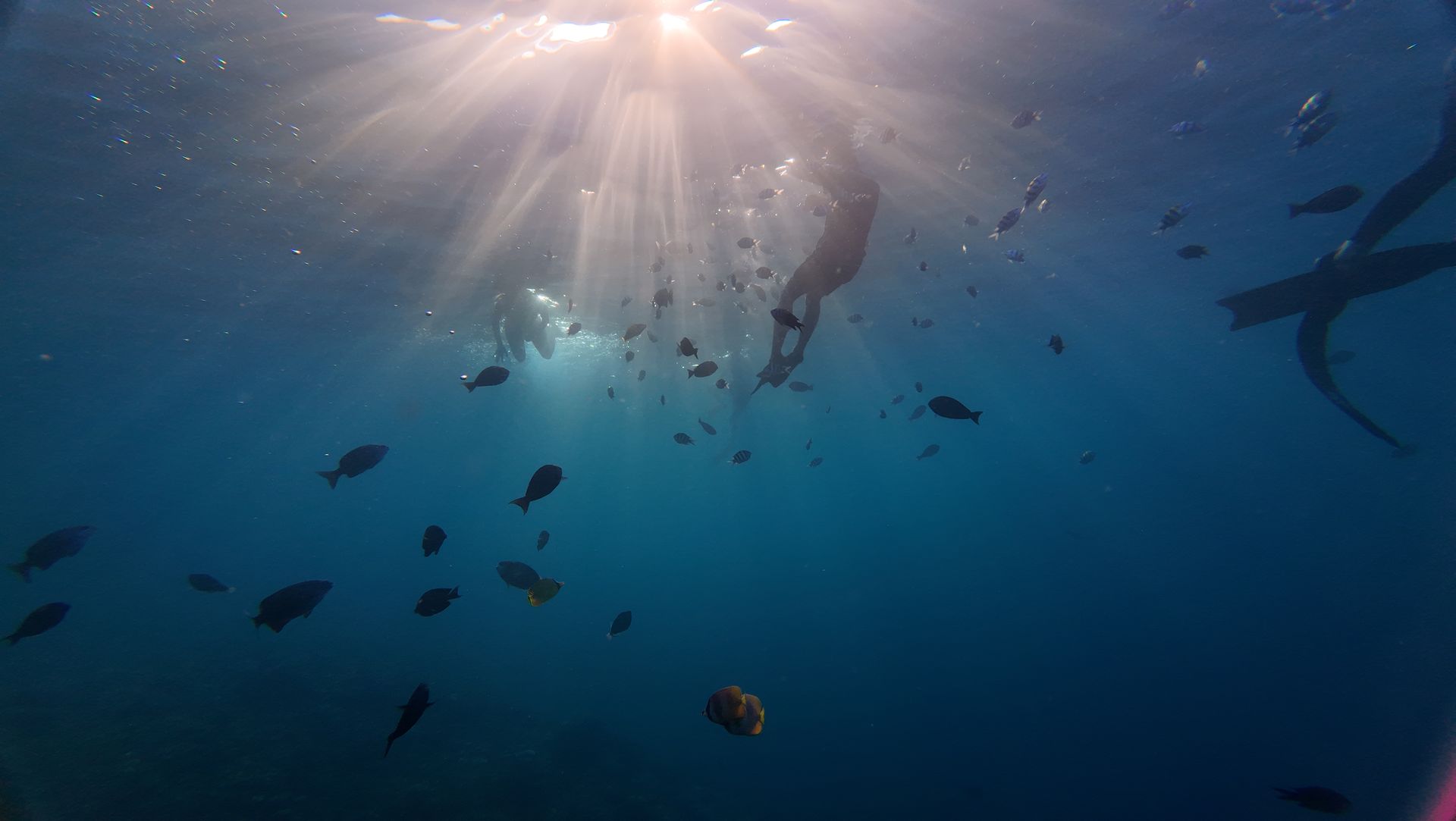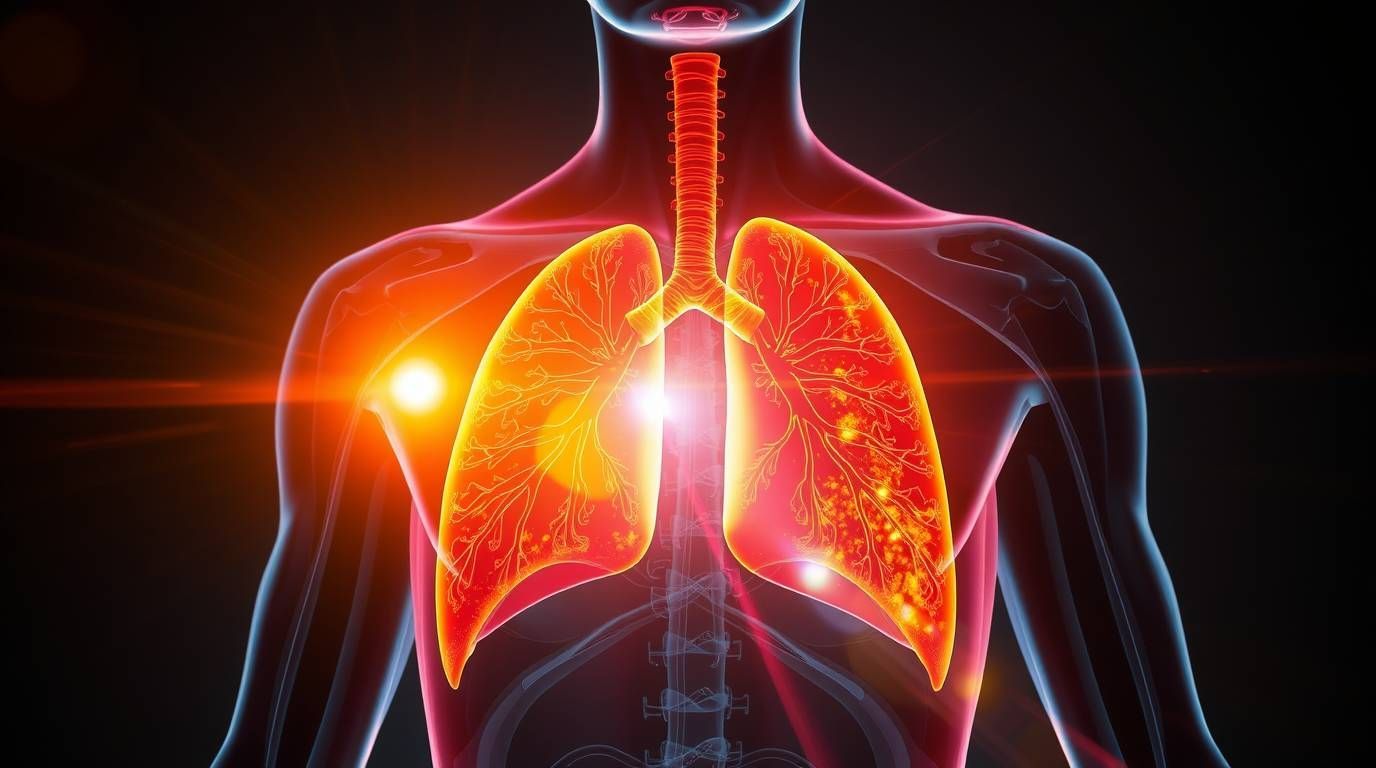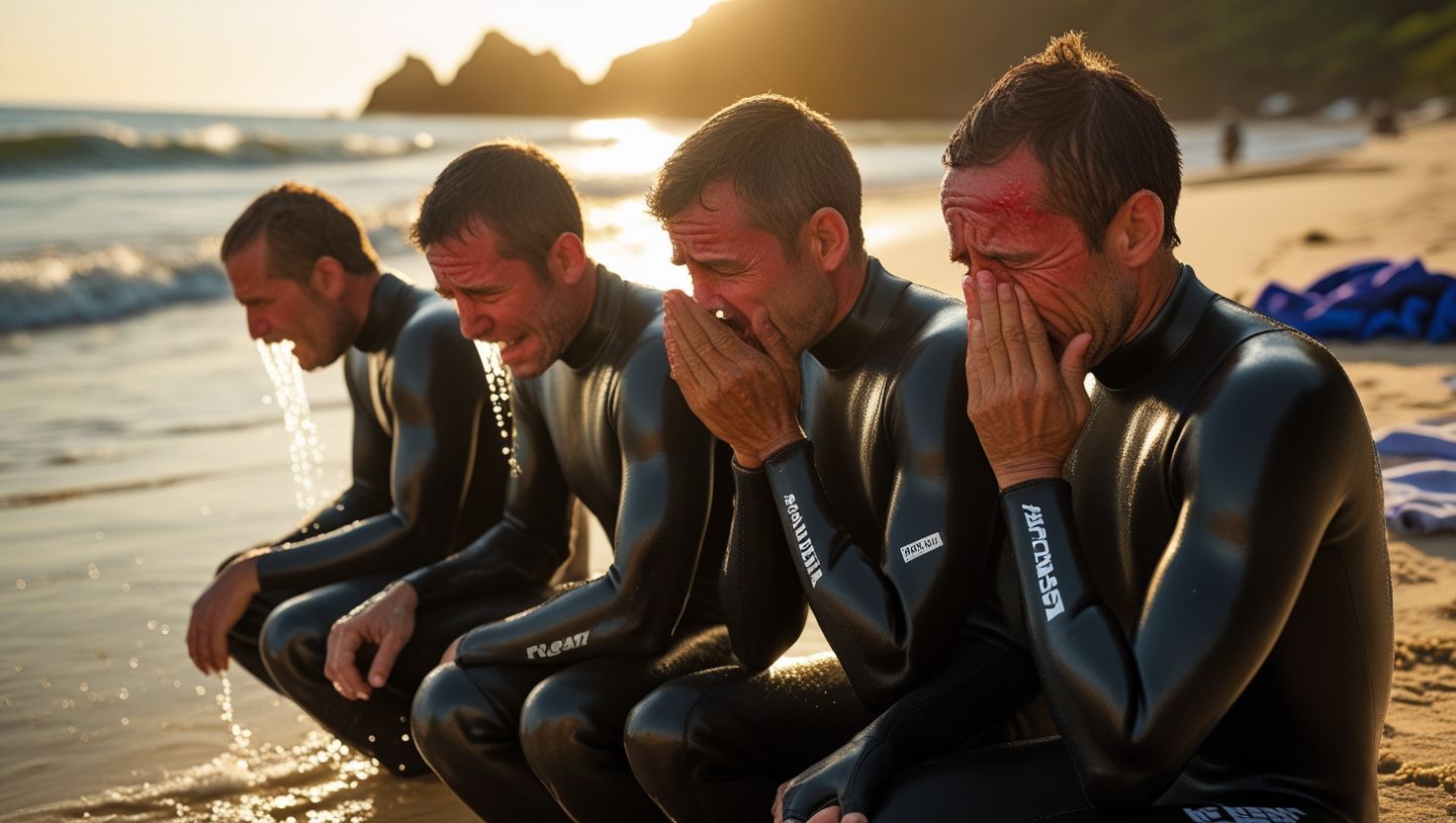
With the release of documentaries like Freediver and The Deepest Breath, a familiar debate has resurfaced: Does showcasing the extreme side of freediving misrepresent the sport? Critics argue that by focusing on elite athletes pushing their limits, these films perpetuate the idea that freediving is reckless and inherently dangerous.
But let’s get real—would we say the same about a Formula 1 documentary that highlights high-speed crashes, tight overtakes, and near-death moments? Of course not. Nobody assumes the average driver is taking the same risks as an F1 racer. We understand that most people drive safely in a city while a select few push the absolute limits on the track.
Freediving is no different. Competitive freedivers are the F1 drivers of the ocean, diving to extreme depths that most recreational freedivers will never attempt. The vast majority of people who take up freediving won’t be training for 100m+ dives—they’ll be exploring reefs, improving their breath-hold, and finding peace underwater. Complaining that documentaries don’t "properly represent" freediving as a safe sport misses the point entirely.
The Harsh Truth About These Documentaries
Most of the people producing these films aren’t freedivers. Their purpose isn’t to grow the sport or educate people on safe diving techniques—it’s to get as many views as possible. And guess what? Drama sells. Life-or-death stakes, extreme risks, and record-breaking attempts make for gripping storytelling. No one is making a freediving documentary for freedivers; they’re making it for a general audience that needs excitement to stay engaged.
So why waste time complaining online as if the athletes featured in these films control how the sport is portrayed? They don’t.
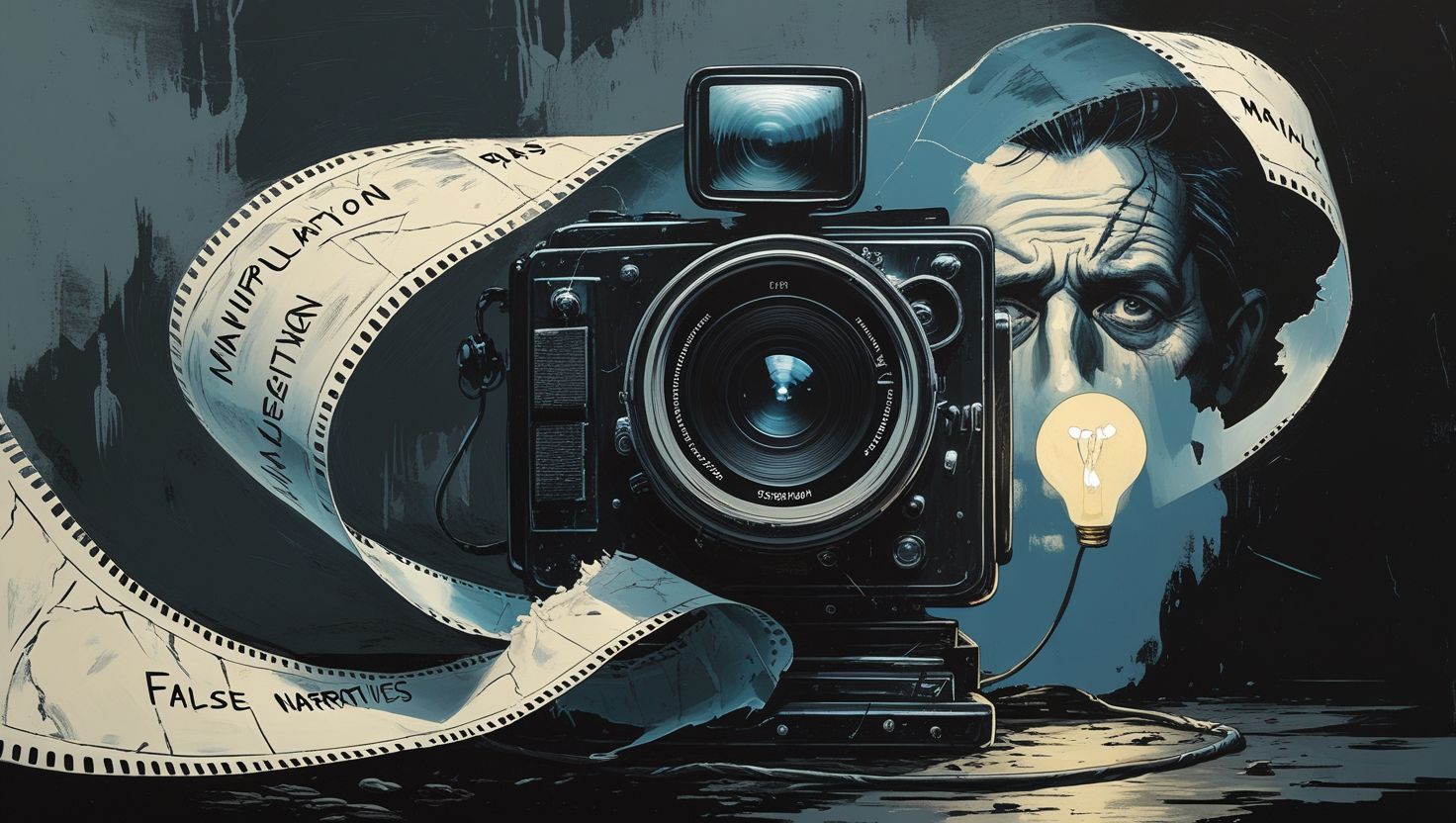
We Can’t Censor Ourselves to Protect the Uninformed
It’s unrealistic to expect freediving content to be watered down just to prevent misunderstandings from those unfamiliar with the sport. We can’t censor the most exciting and awe-inspiring aspects of freediving simply because some people might wrongly equate what Alexey Molchanov does with what the average recreational freediver experiences.
That’s not our responsibility. Our responsibility is to educate.
People will always make assumptions about things they don’t understand—that’s just human nature. But instead of stifling the extreme side of freediving, we should focus on sharing knowledge. The more we showcase the safe, accessible, and transformative aspects of freediving, the more we shape the public’s perception in a meaningful way.

What Can You Do Instead?
Instead of whining about how freediving is depicted by outsiders, create content that tells the story you want to be told, or share other's content. Showcase the beauty, peace, and transformative power of freediving. Highlight how it can be done safely.
And here’s the thing—whether you love or hate these documentaries, you can’t deny that they’ve sparked conversations. Personally, they’ve opened up discussions between me and my non-freediving friends, acquaintances, and even strangers, giving me the perfect opportunity to talk about freediving. In fact, I’ve converted some of them into freediving students just because they got curious after watching!
Look at the UFC—would it have reached its global popularity if it censored the brutal knockouts and shied away from the sport’s raw intensity? No way. Most UFC fans are casual viewers who love the spectacle, while a smaller percentage appreciate the technical mastery of Brazilian Jiu-Jitsu, striking, and grappling. But regardless of why people watch, the UFC has undeniably fueled the growth of BJJ and MMA.
Freediving can take the same path. The extreme side of the sport is what grabs attention and inspires curiosity. Some viewers may see it as dangerous, but others will be drawn in, seek proper training, and discover freediving for themselves. Instead of fighting the narrative, own it.
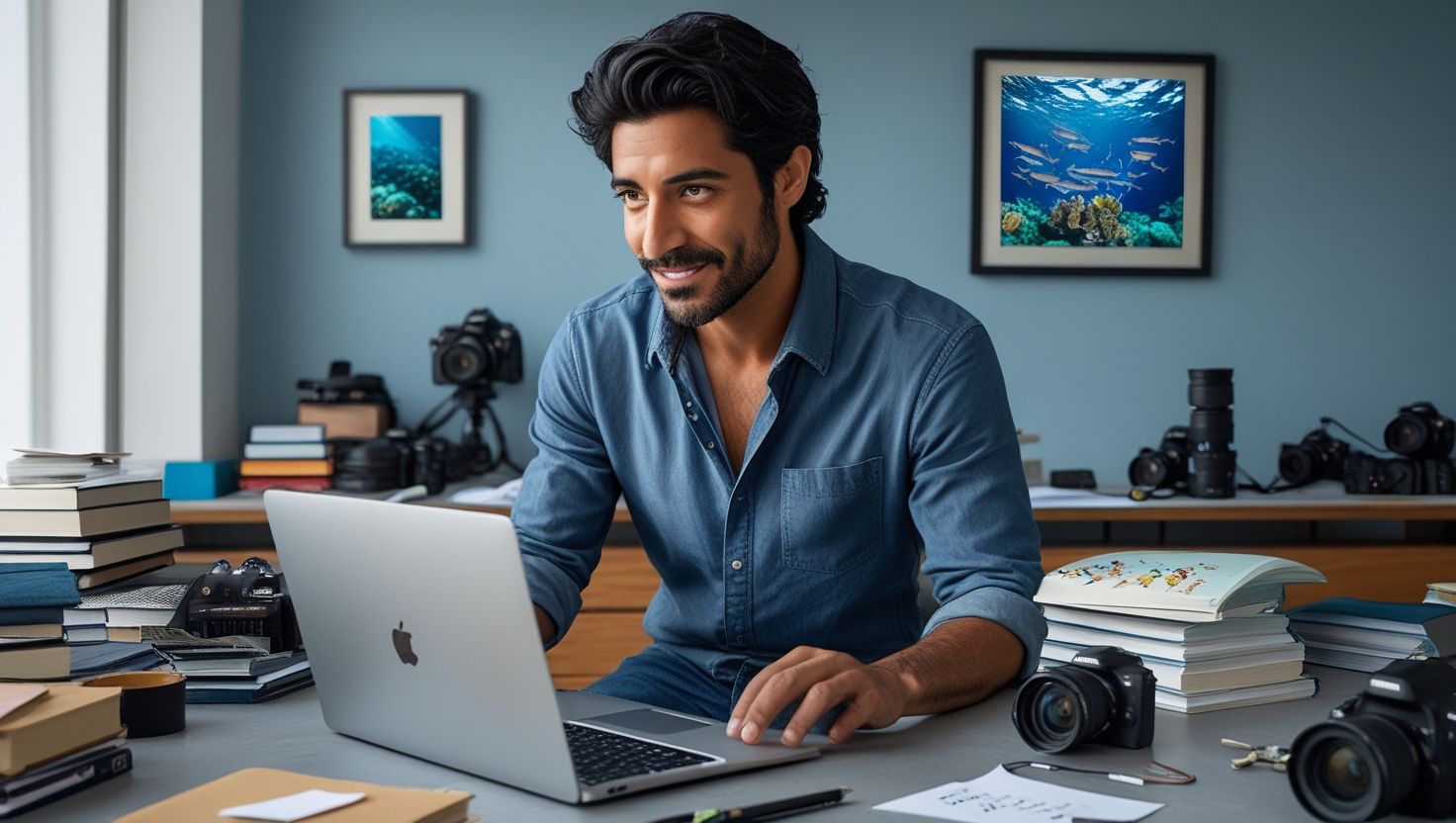
If we want freediving to grow, we need to stop complaining and start creating. Make stunning content that showcases freediving’s serenity, its meditative quality, and how it can be done safely. If we don’t tell our story, mainstream media will do it for us—and they’ll always choose drama over nuance.
If you’ve made it this far, thanks for sticking with me! But honestly, I usually don't like discussing serious topic like this—it’s something I love, and I have a lot of fun with it. I enjoy making lighthearted, entertaining content on Instagram around freediving, so if that’s your vibe, come hang out and give me a follow!
ACTIVITIES RECOMMENDED
JOIN OUR COMMUNITY
Contact Us
Recent Posts
CLICK ICON BELOW TO SHARE POST
